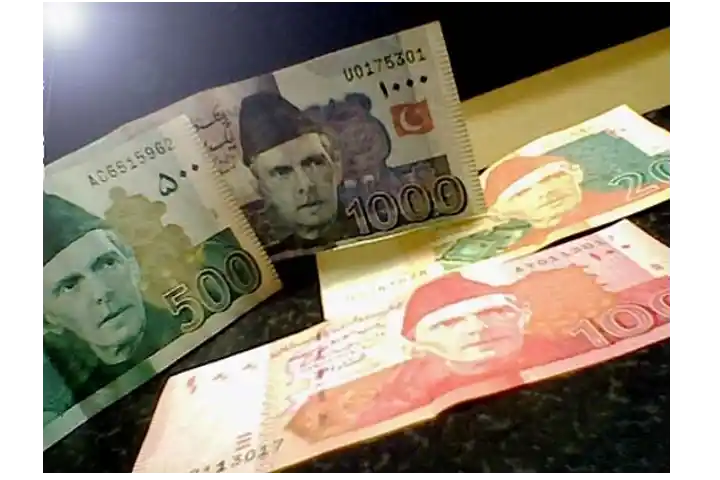Pakistan needs to increase private investment and export more if it wants to sustain strong economic growth. High effective import tariff rates, limited availability of long-term financing for firms to expand export capacity, inadequate provision of market intelligence services for exporters, and low productivity of Pakistani firms are the key factors that are hindering exports in Pakistan, a recent World Bank report showed.
“The long-term decline in exports as a share of GDP has implications for the country’s foreign exchange, jobs, and productivity growth. Therefore, confronting core challenges that are necessary for Pakistan to compete in global markets is an imperative for sustainable growth,” Derek Chen, Senior Economist, World Bank, in a statement said.
Also read: Saudi Arabia agrees to provide financial support of $4.2 billion to Pakistan
Meanwhile, the Pakistan based Dawn said that the fast depleting foreign exchange reserves has damaged the exchange rate of local currency.
The reserves were at peak with $20 billion in August, it said, adding that since then, the country lost $2.854 billion as a chunk was directed towards external debt servicing.
Saudi Arabia’s decision to provide financial support of $4.2 billion, of which about $3 billion is in the form of safe deposits, will help Pakistan in strengthening its currency.
Pakistan’s economic challenges have risen significantly. The country’s economy has taken a beating as Islamabad has been put on the Financial Action Task Force’s (FATF) grey list since June 2018.




















